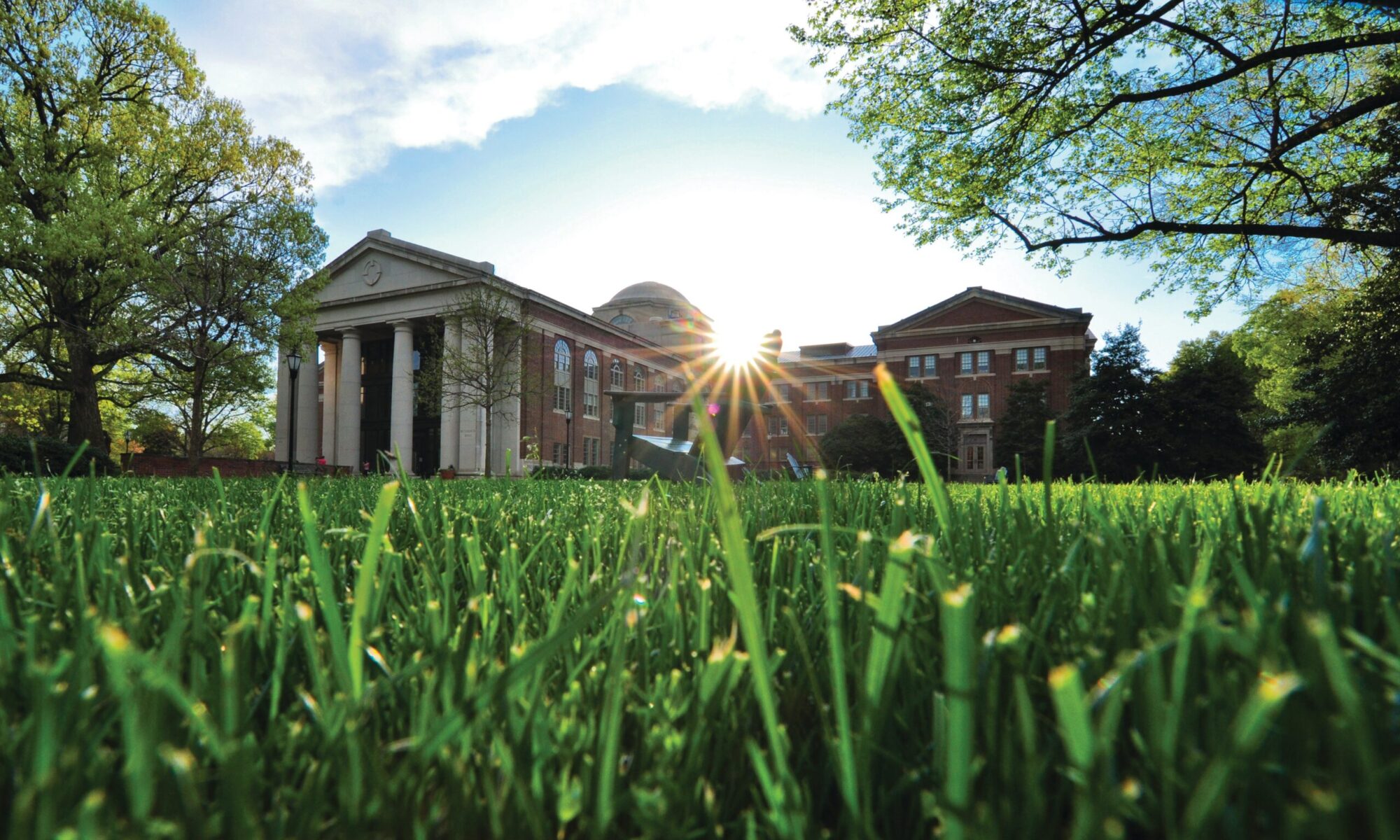By: McKenzie Roese, Career Services Ambassador
 Trekking up the hill is never my favorite thing to do early in the morning, but my hike was worth it after attending Dean Rusk’s Teatime talk on the State Department application process. Not only did I enjoy a delicious breakfast courtesy of Dean Rusk, I also learned about the intricacies of the application process for the State Department. While the process may seem clear-cut and systematic, there are definitely nuances to application that you should know about before applying.
Trekking up the hill is never my favorite thing to do early in the morning, but my hike was worth it after attending Dean Rusk’s Teatime talk on the State Department application process. Not only did I enjoy a delicious breakfast courtesy of Dean Rusk, I also learned about the intricacies of the application process for the State Department. While the process may seem clear-cut and systematic, there are definitely nuances to application that you should know about before applying.
Stefanie Cook and Paul DiFiore, both members of the class of 2013, starred as the discussion leaders after their remarkable summer experiences with the State Department. Cook spent her summer in Addis Ababa, Ethiopia in the US embassy. DiFiore explored the domestic front in the Central American Affairs Office in the Western Hemisphere Affairs Bureau, while also partaking in the Davidson in Washington program. Both did an excellent job informing students about the tedious, competitive, and often disappointing application process while also providing ample tips for the procedure. Their main point: Networking is everything.
In terms of networking’s wonders, Cook stressed the importance of reaching out to her political science advisor, Dr. Menkhaus, for providing an “in” to the Ethiopian bureau. Not only did Cook apply to the obscure, underappreciated Ethiopian bureau, but she also utilized her professor’s connection to the Ethiopian office to give her an edge above other candidates. Likewise, DiFiore reached out to a recent Davidson graduate working domestically in the State Department to help him stand out in the crowd. Reflecting back on his networking efforts, DiFiore honestly admits, “Even though I had a good resume and relevant experiences, there were lots of other grad school students who were way better qualified who were also applying. There always are. Having a contact was what got me in.”
Applying to obscure bureaus within the State Department and utilizing the power of the Davidson connection, both students stressed the importance of networking for landing their summer internships. Cook, reminiscing on her experience, recollected, “I got so engrained in the culture.” Luckily, she had the opportunity to immerse herself in Ethiopian culture, while DiFiore explored the domestic systems of D.C. bureaucracy, because they both reached out to the strong Davidson connection to help achieve their goals. Hopefully this will inspire you to reach out, for any position, to the Davidson community and alumni network when the time comes.


